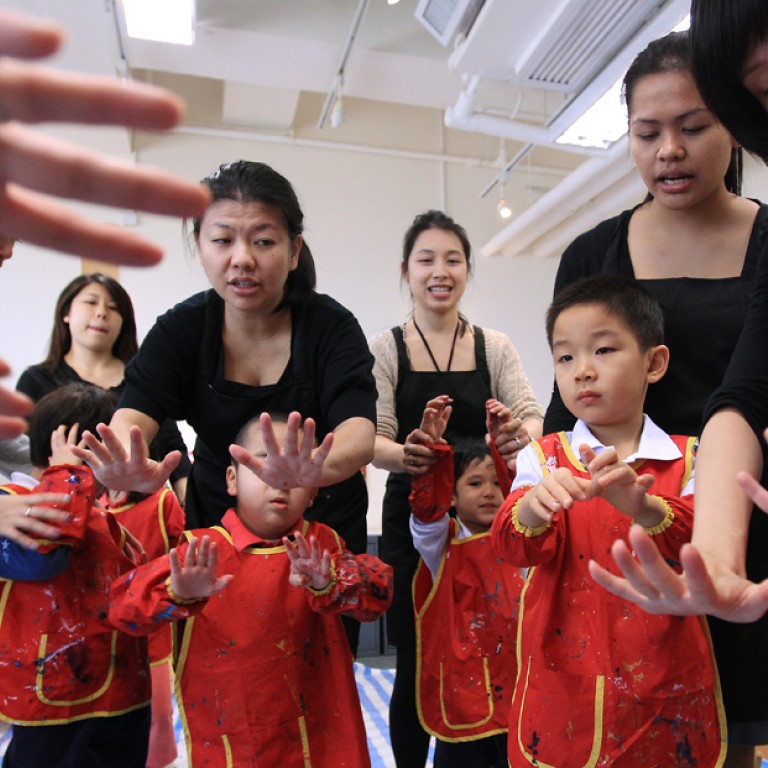
Hong Kong educators doing their best to help children with autism
I refer to the article by Toby Mountjoy ("How Hong Kong mainstream schools are failing children with autism", April 2).
As founder of the Autism Recovery Network (established in Hong Kong in 2005), I find it disappointing that Mr Mountjoy has decided to take a pessimistic view of the educational system here.
Our educational system has spent a large portion of its budget on autism services and our educators are doing their best despite the limitations. For instance, the English Schools Foundation has hired many well-qualified and experienced teachers, including therapists trained by the Autism Recovery Network, to provide better services. Rather than make discouraging comments, we should appreciate the help that is being provided.
While it is irresponsible to ignore the plight of needy parents who cannot afford expensive therapy, it is also irresponsible to insist on an all-or-nothing proposal. Granted, mainstream education has many limitations and is not optimised for children with autism. Yet there are ways to improve it so that these children can benefit within the existing constrains.
For instance, different mainstream schools in Singapore specialise in children with different types of special needs to take better care of them.
Each special needs student is paired with a mainstream peer who can offer support, including with social difficulties. A core group of teachers in each school is also trained in special needs.
There is certainly no perfect solution to the problem, and everyone has a different idea of what is the ideal amount of government support. For some, it could mean a full subsidy for intensive intervention and special needs schooling. No government in the world has unlimited resources that can fulfil all the needs of the different segments in our society. What we can do is make the best of what we have while campaigning for more support.
Hopefully, we will have no need for more special needs autism schools or a huge budget increase. Early intensive intervention using scientifically proven behavioural therapy is the best bet for children with autism to gain mastery over their own lives. The Singapore government is far-sighted enough to subsidise the early intervention programme for infants and children instead of merely providing more services.
I hope that Hong Kong will learn from countries like Singapore to implement long-term solutions instead of short-term fixes.

